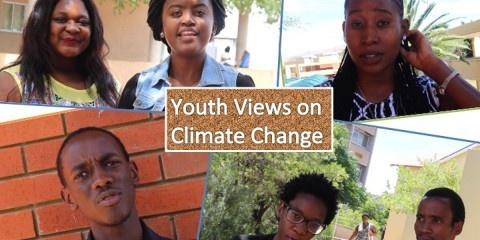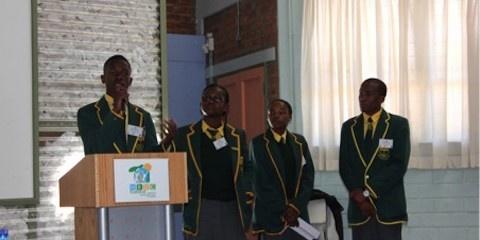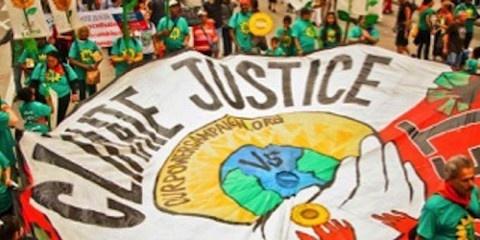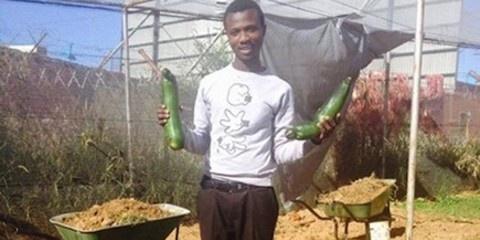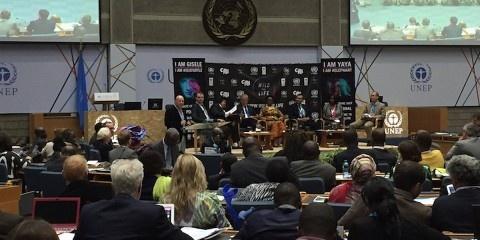How Namibian Millennials Are Combating The Causes And Effects Of Climate Change Lifehack #1: Be Namibia’s Leo DiCaprio (on a budget) In my first blog post, I introduced you to the topic of climate change according to a Namibian millennial, whereupon I shared my views on climate change and shone the spotlight on climate justice. In this post I will be...
In the beginning, when the greatest of all scientists breathed life in all ecosystems and biodiversity, everything was in unison with each other, from the flying birds, to the flowing rivers and flora and fauna. Everything was normal, so much so that ecosystems were interlinked without any disturbance. The weather patterns were normal, the harvests were exceptional and the temperatures were...
Climate Change According To A Namibian Millennial Millennial; also known as Generation Y refers to those born between roughly the years 1980 and 2000. We the children born during and after the independent struggle, are the Namibian millennial. Critics call us the narcissistic, self-entitled generation; the trophy kids, who skip through life on the basis of participation is enough. I tend...
I grew up around rivers and enjoyed the rain every year. I never thought that one day I would see some of these rivers dry up. When I was younger I asked myself, what could have happened for the rivers to dry up? I thought the rains would always come and so everything would always flourish in accordance to the same...
Read this snapshot of the activities of the ThinkNamibia team over January and February 2016. The Green Lightbulb, Issue 1 BY LESLEY-ANNE VAN WYK, THINKNAMIBIA ENVIRONMENTAL AWARENESS
On the 23rd of May 2016, world environment leaders and experts convened in a cloudy Nairobi at the United Nations Environment Programme (UNEP) headquarters to open the second session of the highest-level decision-making body on the environment, namely; the United Nations Environment Assembly (UNEA-2). The theme for the UNEA-2 is ‘Delivering on the environmental dimension of the 2030 Agenda for sustainable development’. The UNEA...
Namibia ratified the United Nations Framework Convention on Climate Change (UNFCCC) in 1995. As a Non-annex 1 party to the Convention, Namibia is not obliged to reduce its Greenhouse Gas (GHG) emissions. However the country’s dependence on energy from South Africa and its favorable conditions for renewable energy, makes the transition to a low carbon economy an important long-term strategy. Climate...
In this article I intend to communicate why gender matters in climate change vulnerability assessments. I would like also to demonstrate with findings from my research work on gender and climate change in Namibia why it is vital to recognise gender differentiated vulnerabilities to impacts of climate change for effective and equitable adaptation. Existing literature and on-going research indicates that climate...
Namibia has an excellent legislative and policy backdrop for environmental protection and sustainable resource management. However, its economy is highly dependent on natural resources including diverse rangelands, arable land, mineral deposits, ecosystems and biodiversity. Economic and social development will be negatively affected with the challenges posed by climate change; especially with regard to water availability, food and livelihood security. There has...
Addressing climate change calls for multiple approaches. Nowadays there are so many messages that tell us what we should or should not do that it is often di cult to know what is right and what is wrong. The Namib Desert Environmental Education Trust (NaDEET) tackles climate change education through a “we practice what we teach” approach. Within this context, the...
